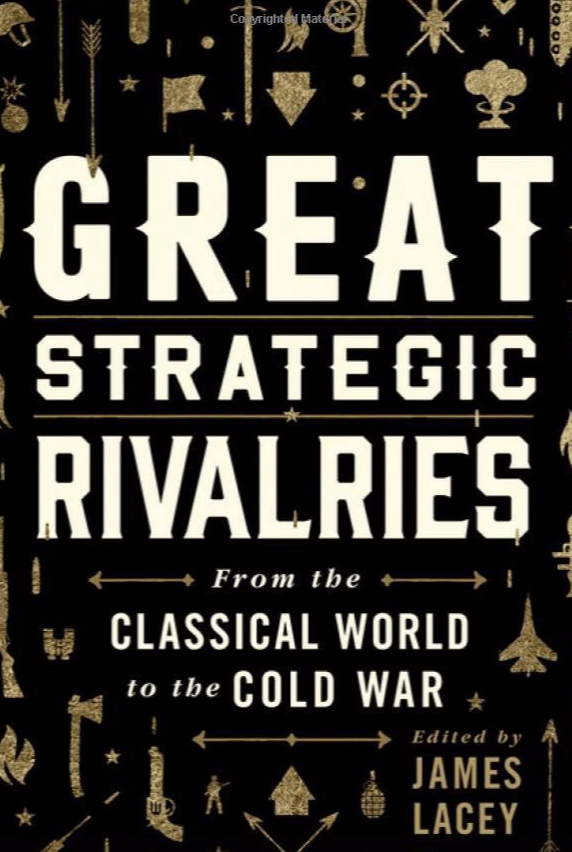
A fascinating exploration of history's greatest geopolitical conflicts
16 geopolitcal conflicts, 16 world-class historians
From the legendary antagonism between Athens and Sparta during the Peloponnesian War to the Napoleonic Wars and the two World Wars of the twentieth century, the past is littered with long-term strategic rivalries. History tells us that such enduring rivalries can end in one of three ways: a series of exhausting conflicts in which one side eventually prevails, as in the case of the Punic Wars between ancient Rome and Carthage, a peaceful and hopefully orderly transition, like the rivalry between Great Britain and the United States at the turn of the twentieth century, or a one-sided collapse, such as the conclusion of the Cold War with the fall of the Soviet Union. However, in spite of a wealth of historical examples, the future of state rivalries remains a matter of conjecture.
Great Strategic Rivalries explores the causes and implications of past strategic rivalries, revealing lessons for the current geopolitical landscape. Each chapter offers an accessible narrative of a historically significant rivalry, comprehensively covering the political, diplomatic, economic, and military dimensions of its history. Featuring original essays by world-class historians--including Barry Strauss, Geoffrey Parker, Williamson Murray, and Geoffrey Wawro--this collection provides an in-depth look at how interstate relations develop into often violent rivalries and how these are ultimately resolved. Much more than an engaging history, Great Strategic Rivalries contains valuable insight into current conflicts around the globe for policymakers and policy watchers alike.


